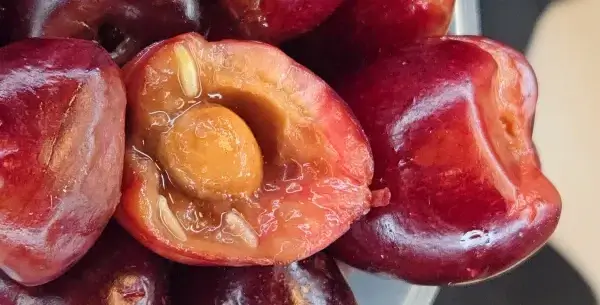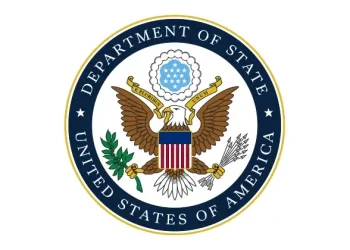U.S. Customs and Border Protection (CBP) agriculture specialists intercepted fresh cherries infested with the European cherry fruit fly at Detroit Metropolitan Airport on June 19, 2025.
This interception underscores ongoing efforts to prevent invasive agricultural pests from entering the U.S., protecting domestic agriculture and the economy from potential threats.
Protecting U.S. Agriculture
The interception of cherries infested with the European cherry fruit fly highlights CBP’s critical role in safeguarding U.S. agriculture.
The pest, known for causing significant damage to cherry crops, poses a threat to domestic production if not contained. By preventing its entry, CBP helps maintain national biosecurity and supports the agricultural industry.
CBP’s efforts are part of a broader strategy to protect U.S. borders from invasive species that can disrupt trade and domestic production.
The agency employs strict import controls and inspection protocols at entry points like Detroit Metropolitan Airport to comply with international trade agreements and protect economic interests.
Trade Implications
- Increased inspections may lead to higher costs for foreign exporters shipping cherries to the U.S.
- Potential restrictions on imports from regions where the pest is present could affect trade flows.
- Enhanced monitoring may be implemented to prevent future pest introductions.
- The interception supports maintaining stable trade relations by ensuring biosecurity compliance.
Agricultural Security Measures
- Preventing pest establishment protects U.S. cherry orchards from devastating infestations.
- The interception demonstrates vigilance in protecting food supply chains as part of national security interests.
- Regulatory measures may include quarantine or import regulations to enhance protection efforts.
- The success of such interceptions reinforces confidence in border security operations.
Additional Reading
A Final Reflection
This successful interception by CBP highlights the importance of vigilant border inspections in protecting U.S. agriculture from invasive pests like the European cherry fruit fly.
Such actions are vital for maintaining biosecurity, supporting domestic production, and ensuring compliance with international trade standards, ultimately safeguarding economic interests.
Sources: U.S. Customs and Border Protection.
Prepared by Ivan Alexander Golden, Founder of THX News™, an independent news organization delivering timely insights from global official sources. Combines AI-analyzed research with human-edited accuracy and context.








